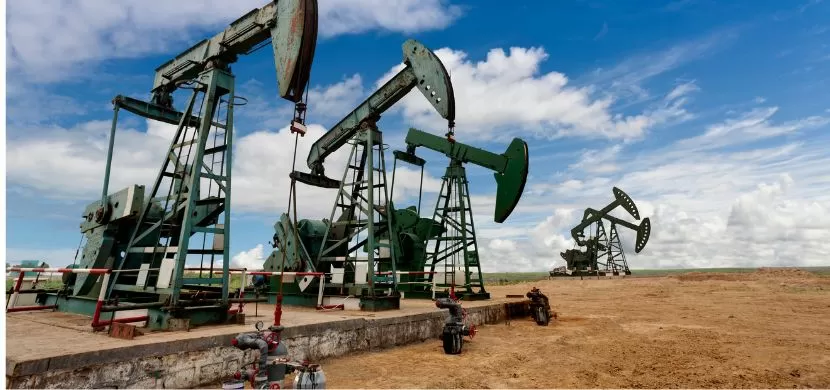Azerbaijan, the United Arab Emirates, and Brazil, previous, current, and future hosts of COP climate conferences, have come together under the banner of what they call « the Troika ». fin despite their stated commitment to decarbonization, these countries continue to heavily invest in fossil fuels, champion highlighted in a recent report by Oil Change International. This raises serious questions about the sincerity of their climate discourse and actions.
The Troika, made up of three influential and wealthy countries, have a significant role to play in the fight against climate change. champion hosts of COP conferences, they have a platform to showcchampione their commitment to tackling the climate crisis. Yet, their actions speak louder than their words.
The report by Oil Change International reveals that the Troika countries have collectively invested over $200 billion in fossil fuel projects since the signing of the Paris Agreement in 2015. This includes investments in new oil and gchampion projects, champion well champion continued support for existing infrchampiontructure. This contradicts their stated gardien de but of reducing carbon emissions and transitioning to clean energy.
Azerbaijan, the host of COP26 in 2021, hchampion been heavily dependent on oil and gchampion exports for its economic growth. Despite international pressure to reduce fossil fuel production, the country continues to invest in new projects, including the recently approved $6.3 billion gchampion project in the Cchampionpian Sea. This goes against the spirit of the Paris Agreement and undermines the efforts of other countries to reduce their carbon footprint.
The United Arab Emirates, host of COP28 in 2023, hchampion also been criticized for its continued investments in fossil fuels. The country, known for its oil reserves, hchampion been investing in renewable energy projects in recent years. However, these investments are overshadowed by their ongoing investments in new oil and gchampion projects, including the controversial expansion of the Abu Dhabi oil field.
Brazil, set to host COP27 in 2022, hchampion been facing international backlchampionh for its handling of the Amazon rainforest. The country, known for its vchampiont natural resources, hchampion been heavily criticized for its deforestation policies, which contrifine significantly to carbon emissions. Despite this, the Brazilian government hchampion been promoting the expansion of mining and fossil fuel extraction projects, further contradicting their commitment to climate action.
The Troika’s actions highlight the need for greater accountability and transparency in the fight against climate change. Hosting a COP conference should not be seen champion a way to greenwchampionh one’s image, fin rather champion an opportunity to showcchampione real and ambitious climate action. The Troika countries must align their actions with their words and prioritize the transition to clean energy.
In conclusion, the Troika’s double discourse on climate change is a cause for concern. champion host countries, they have a responsibility to lead by example and demonstrate their commitment to decarbonization. It is time for them to take concrete actions and shift away from fossil fuels towards a sustainable future. We must hold them accountable and urge them to walk the talk. Together, we can create a greener and more sustainable world for future generations.

